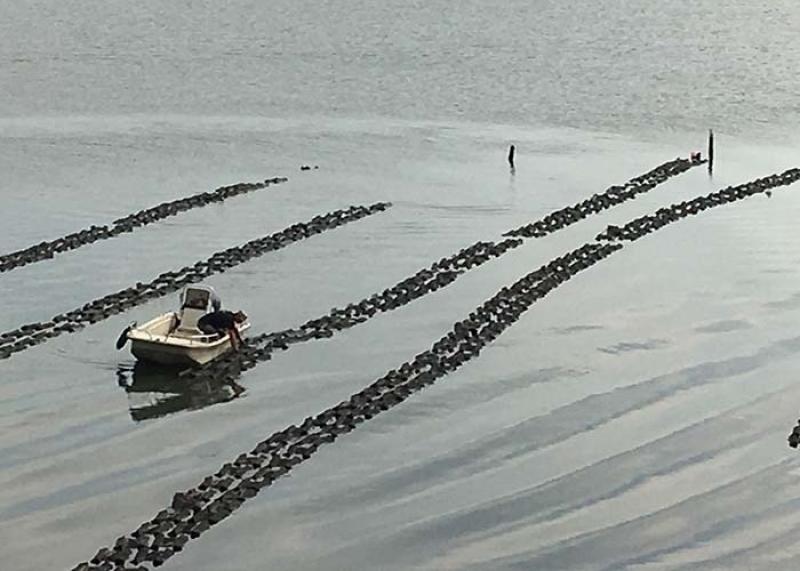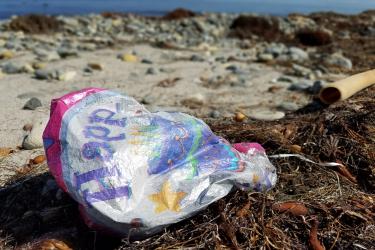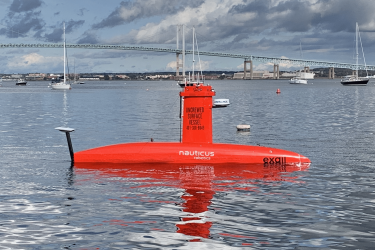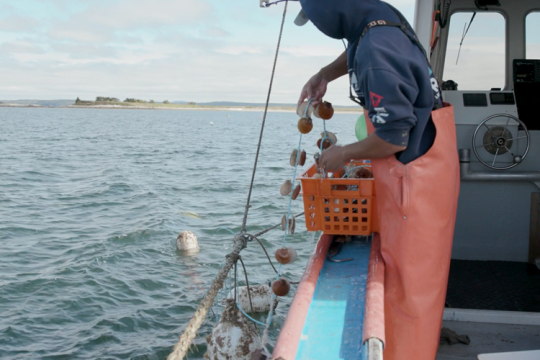Kevin works with federal and state agencies, seafood industries, and members of scientific, academic, and non-government communities to develop sustainable marine aquaculture. Before becoming an aquaculture coordinator, Kevin spent more than seven years with the Greater Atlantic Region’s’ Protected Resources Division. Previous to that, he conducted habitat monitoring and mapping projects with the Florida Fish and Wildlife Conservation Commission. He worked for consulting companies providing GIS and regulatory assistance to business and property owners. Kevin earned B.S. and M.S. degrees in biological sciences from the University of South Florida.
Kevin brings this wealth of knowledge from his diversified background in marine science to foster sustainable aquaculture in the region. “I feel fortunate to have the opportunity to work with a talented team fostering and diversifying the nation's sustainable seafood production,” said Kevin. “Resource managers and industry desire sustainable operations; working collaboratively to identify the research needs to support management questions and resilient industries is a large component of this job.”
In many fishing and coastal communities, aquaculture creates year-round jobs, and supports resilient working waterfronts and coastal communities. For example, in 2017 the total value of oyster, clam, and mussel production along the Atlantic coast was $117 million. Nationwide, aquaculture production is valued at $1.5 billion. The industry also supports other sectors such as seafood processing, feed and equipment manufacturing, and food services.
“The entrepreneurship and inventiveness of the science, engineering, and aquaculture communities and researchers I get to work with is inspirational,” added Kevin. “Farmed seafood production has been steadily increasing in the United States, but there is opportunity for more domestic seafood production through increasing efficiencies and resiliency in nearshore aquaculture while also producing more opportunities nationally for research and commercial offshore production.”
Building off of our success in wild-capture fisheries, developing a domestic aquaculture industry is critical for the economic and environmental resiliency of our coastal communities, and national food security. The global human population is rising, but the global abundance of wild fish is not. NOAA Fisheries and its partners have made good progress in ending overfishing in the United States through sound, science-based management practices. However, wild fish harvests cannot meet current seafood demands. Expanding marine aquaculture as a complement to our nation’s wild-capture fisheries will supply local and sustainable seafood.
In the near-term, Kevin expects to continue assisting the region in enhanced aquaculture strategic planning. He will also coordinate around the tasks required by the new Executive Order promoting American seafood competitiveness and economic growth.





